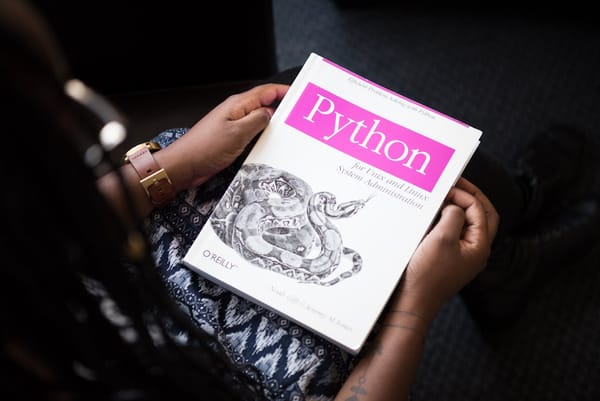GIMIAS: An Open-source Modular Environment for Building Medical Imaging Applications
Table of Content
Building medical imaging applications has been evolving as the industry demands over the last decade. From creating the application from scratch to medical imaging specific frameworks, platforms and environments. Today's topic is about one of these specific tools: GIMIAS.
GIMIAS is an open-source platform for creating medical imaging applications that can be used for clinical practice, research and medical simulation.
It's introduced as "a workflow-oriented environment for solving advanced biomedical image computing and individualized simulation problems".
GIMIAS is developed by dozens of scientists, researchers and scientific developers at CISTIB (Center for Computational Imaging & Simulation Technologies in Biomedicine).
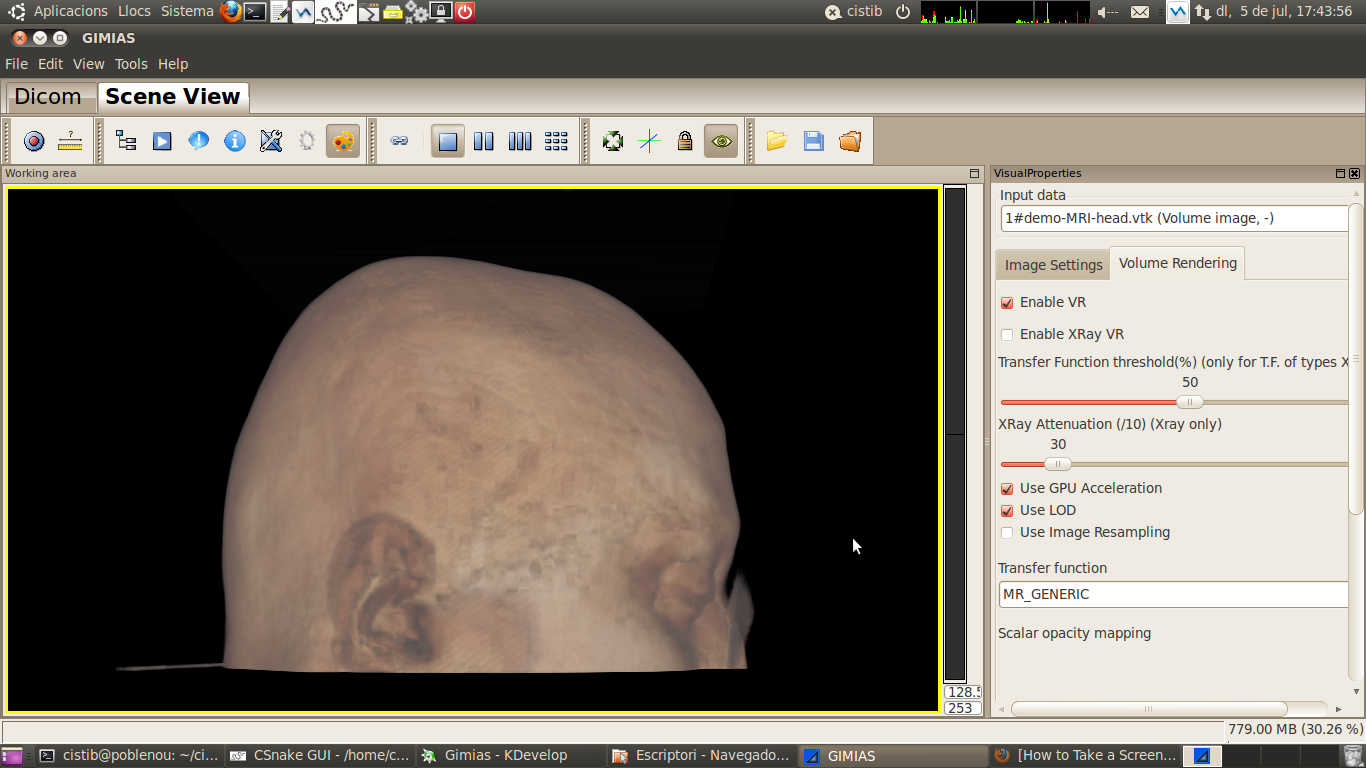
While GIMIAS's early development dates back to 2002, it got the name "GIMIAS" in early 2007. The first stable version was released at the end of 2009 under BSD license.
It's not just a software framework, furthermore, it's a standalone application for visualizing and processing medical imaging data and a complete PACS workstation.
GIMIAS is used by many universities, research centers and companies to create custom medical imaging apps for their workflow. It's also begin used to create several specific-case projects like: mySpine a plugin for segmentation of the spine and Vertex: A plugin for osteoporosis diagnosis.
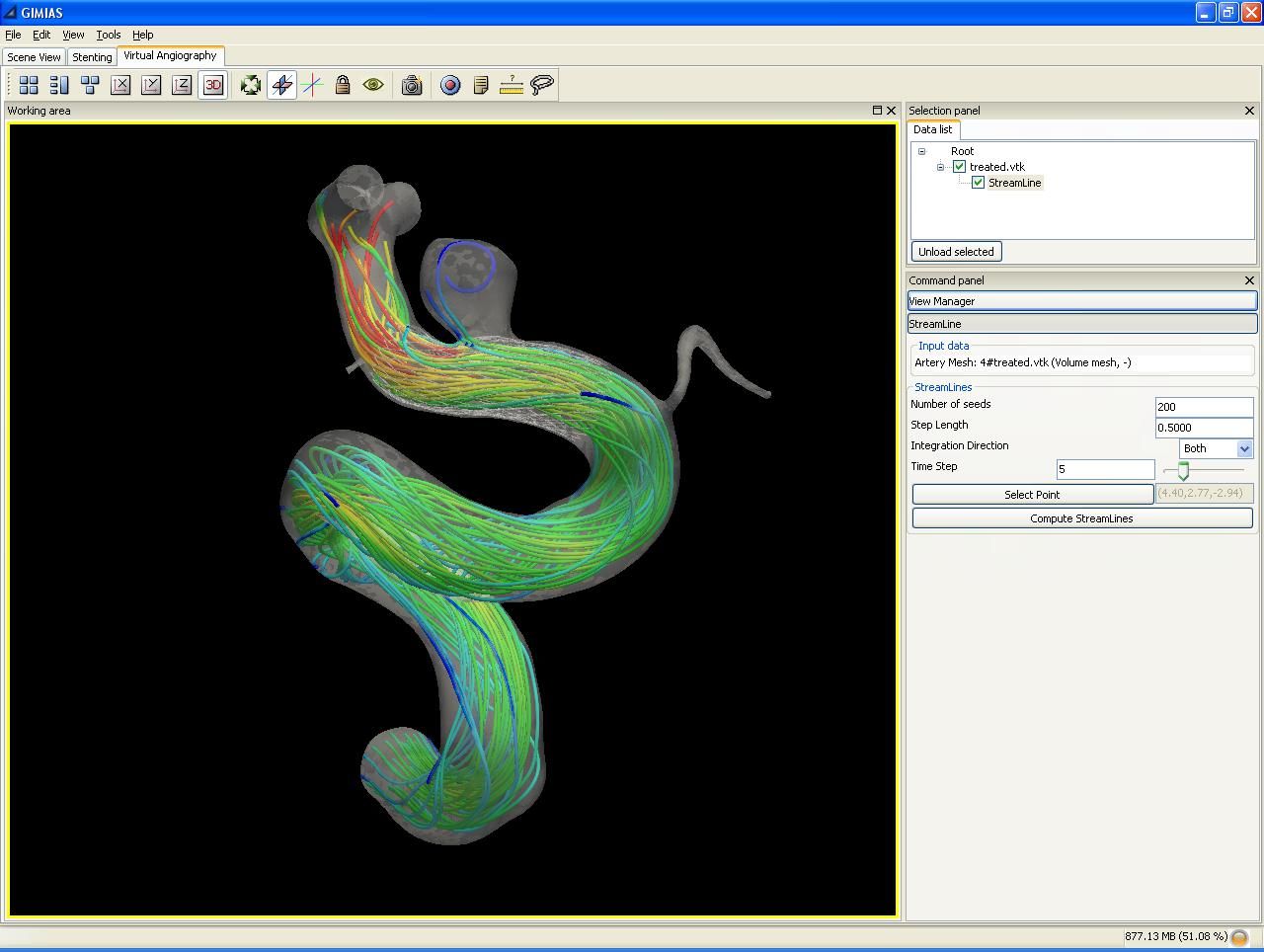
Features
- Works on Linux and Windows
- Complete PACS workstation
- Clinical workflow navigation
- 2D and 3D image visualization
- Modular architecture
- Automated GUI generation
- Workflow management tool
- Rich API
- Different suites
- Prototype development
- Well documented
- Dozens of battle-tested applications
- Automatic update
Prototyping with GIMIAS
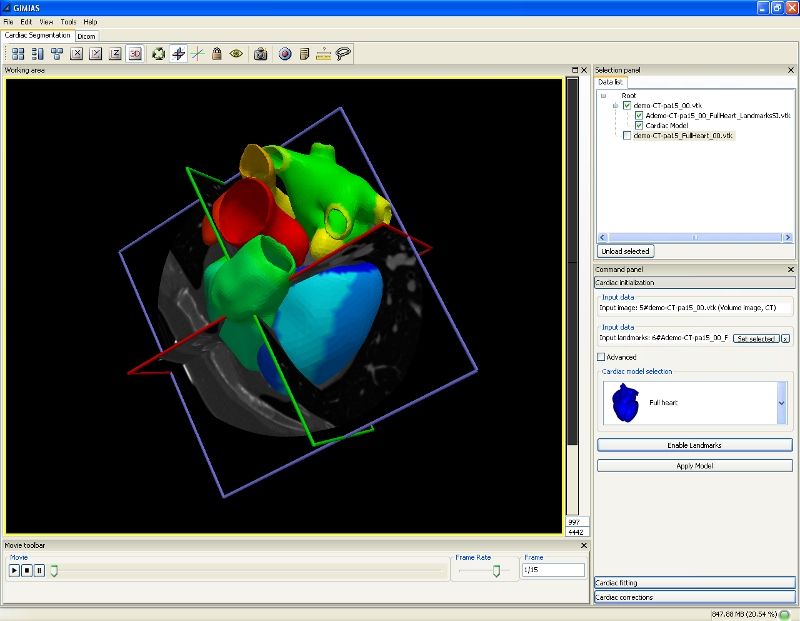
GIMIAS supports quick and efficient application prototyping development which involved researchers, scientific developers and clinicians.
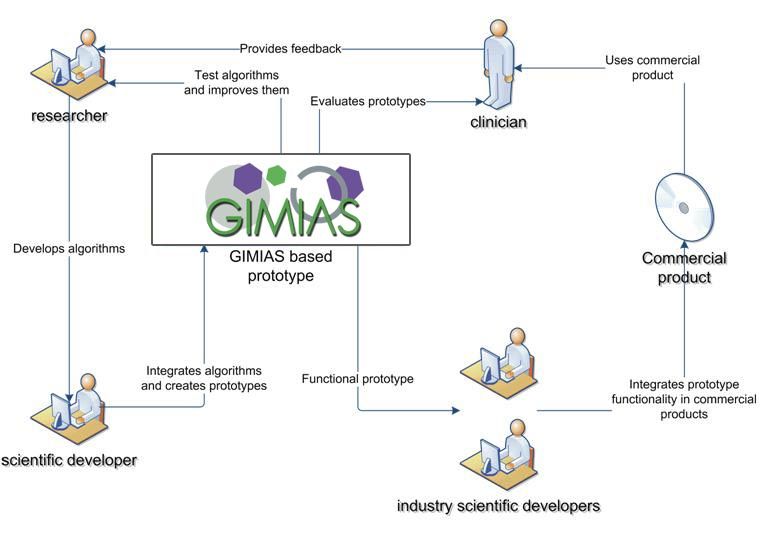
The prototyping workflow for GIMIAS involves clinicians to test the prototype and provide their feedback to add more features, improve its usability and make it ready for clinical use.
GIMIAS Suites
GIMIAS has 4 specialized suites:
- Cardio suite
- Osteo suite
- Neuro suite
- Angio suite
Extensions
Because of its modular structure, GIMIAS has dozens of extensions most of them are created for specific clinical workflows. Unfortunately, most of the listed extensions pages don't work for now.
Here is a list of some of its extensions:
- Clinical reporting
- Angio Morphology
- Angio Segmentation
- Cardian Quantification
- Cardian Segmentation
- Cardian Simulation
- Cut Openings and Export Surfaces
- Inserm Coronary Segmentation
- Virtual Angiography
- Perfusion Quantification Measured Using MRI in Oncology
Open-source plugins and extensions
Available open source plugins
Basic plugins
- DICOM Plugin
- Image Tools Plugin
- Manual Segmentation Plugin
- Mesh Editor Plugin
- MITK Plugin
- Signal Viewer Plugin
Extensions
- CMGUI Plugin
- SSH Plugin
- Taverna Plugin
- WebServices Plugin
- XNAT Plugin
- Security Plugin
- RemoteDataPlugin
- Clinical Report Plugin
GIMIAS under the hood
GIMIAS is written with C++ which ensures speed and efficiency. However, it also uses several powerful toolkit and libraries:
- VTK
- ITK
- DCMTK
- MITK
- Boost
- wxWidgets
- OpenGL
License
GIMIAS is an open-source project that is released under BSD license to ease the contribution between other organizations.
The BSD license is one of the most permissive licenses, it permits the redistribution and uses in source and binary forms with or without modification.
Resources
- GIMIAS official website
- CISTIB.org
- ITK (The Insight Toolkit)
- VTK (The Visualization Toolkit)
- GIMIAS Architecture





